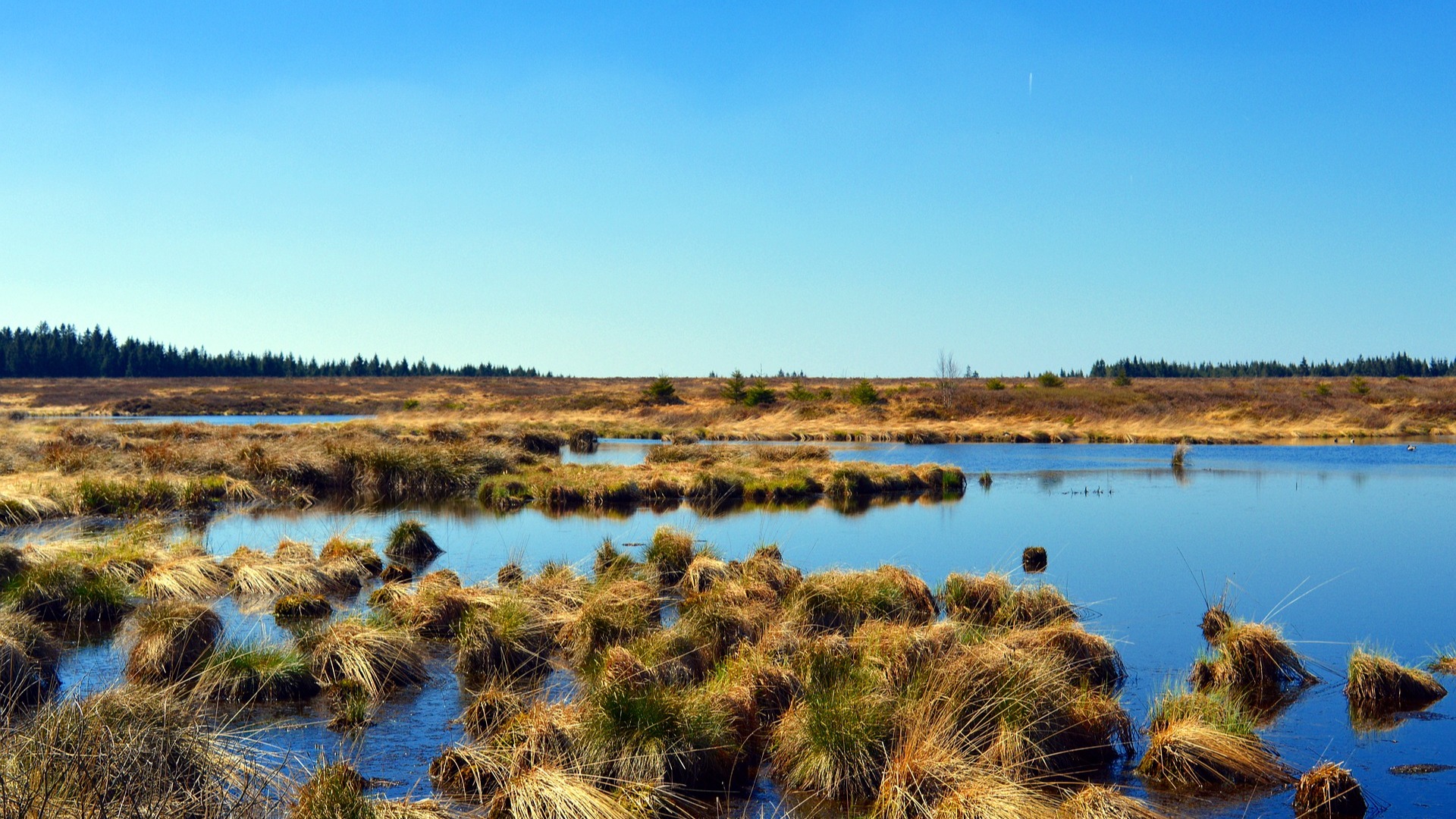Conserve and restore peatlands to slash global emissions
UNEP report proposes new investment to prioritise protection of peatlands

A new report from the United Nations Environment Programme (UNEP) and the Global Peatlands Initiative (GPI) identifies the protection and restoration of peatlands as a means of reducing emissions by 800 million metric tonnes per year, equivalent to the total annual emissions of Germany. Though peatlands cover only 3% of the global land surface area, they store at least twice as much carbon as all of the world’s forests. Investment in preserving and restoring peatlands is therefore 'a triple win for people, the climate, and biodiversity,' according to Professor Joanne Burgess, a co-author of the report. Investment in peatlands protection and restoration is therefore a low-cost, low-tech and high impact nature-based solution for both climate action and biodiversity.
One major cause of global decline in peatlands is the draining of these landscapes for agriculture. Dewatered peatlands emit large amounts of CO2, as the peat rapidly decomposes in the presence of oxygen. This problem is a pronounced feature of agriculture in Germany. Globally, the EU is the second-largest emitter of greenhouse gas emissions from peatlands drained under agriculture, with Germany being the highest emitting country. Peatland-related emissions represent about 35 percent of the total greenhouse gases from German agriculture, although drained peatlands only make up 7 percent of the agricultural area. Restoration of the 1 million hectares of German peatlands that are currently under agricultural use should therefore be a priority.
Yet while there is widespread scientific consensus on the importance and effectiveness of peatland restoration, the agricultural sector in Germany is characterised by inertia when it comes to making reforms of this nature. This challenge is exacerbated by a political environment and subsidy structure that provide insufficient incentives for necessary restoration. A paper by a number of leading researchers in the German agricultural sector, recently published by TMG, Research for Change, sets out a comprehensive and holistic policy-oriented research agenda for agriculture in Germany, emphasising the importance of peatland restoration among other recommendations. Read alongside the UNEP/GPI report it offers a perspective on how vital global goals can be achieved at country level. It can be read here.
